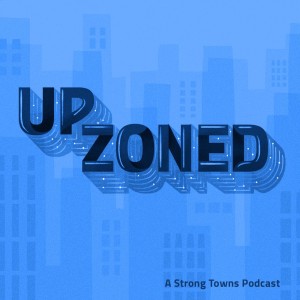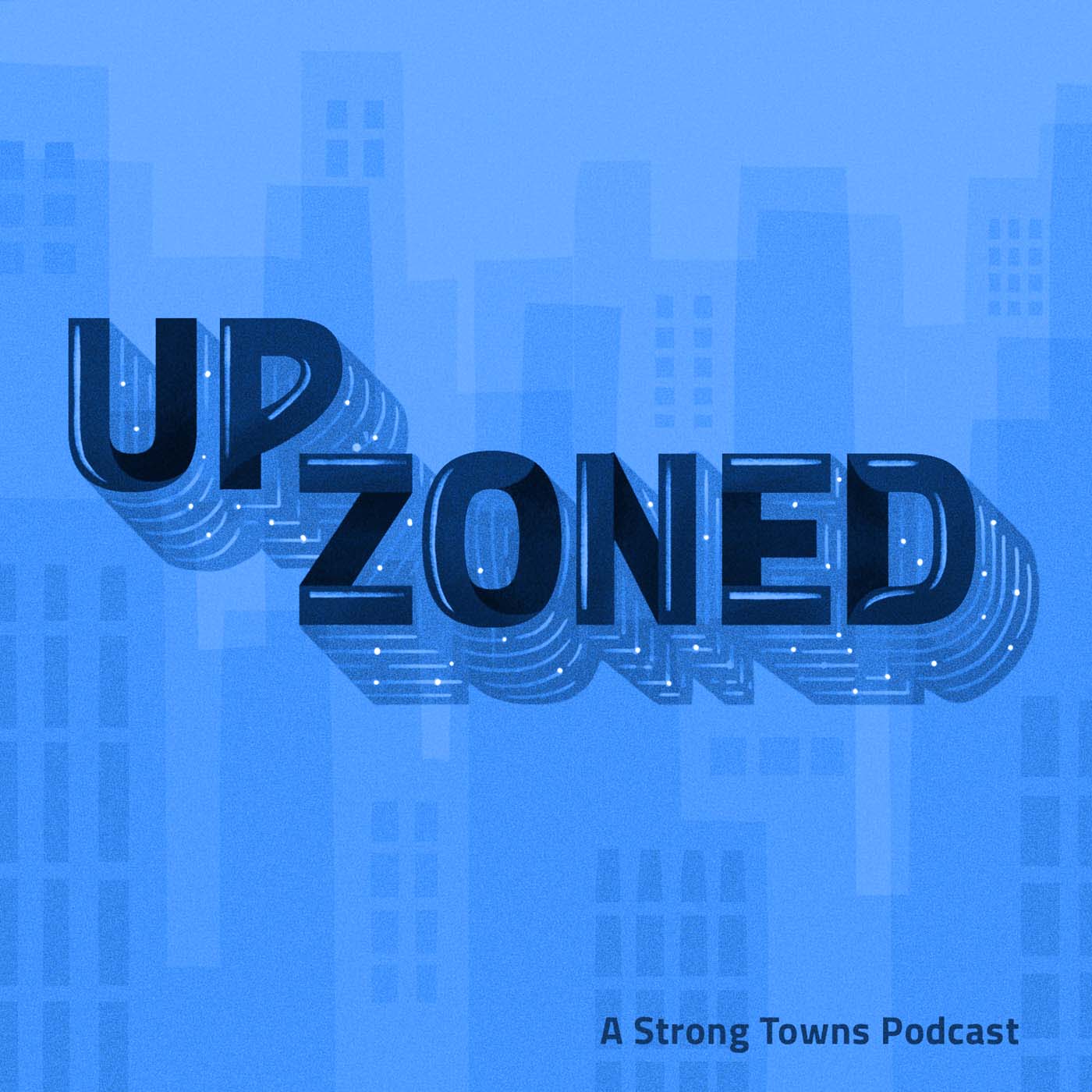Episodes

Wednesday Jul 07, 2021
Mayors Are Turning Talk into Action On Reparations
Wednesday Jul 07, 2021
Wednesday Jul 07, 2021
Last year, Strong Towns published a twelve-part series on Kansas City’s fateful suburban experiment. Drawing on a detailed survey of the city’s fiscal geography, conducted by Urban3, we explored the history of Kansas City and the financial ramifications of its development pattern. (The series was made possible by the generous support of the Enid & Crosby Kemper Foundation. It culminated in a free e-book, available here.)
As part of that series, Strong Towns president Chuck Marohn wrote an article entitled “The Local Case for Reparations.” In it, Chuck described Kansas City’s history of redlining, a practice that emerged in the Great Depression ostensibly to identify which neighborhoods were deemed too risky for the federal government to insure mortgages, but which in practice led to generations of neglect and disinvestment along racial and economic lines. The legacy of these policies include decades of chronic poverty in once-redlined neighborhoods. But the opportunity costs have affected everyone. For example, it’s estimated that one ½-sq. mile neighborhood could have generated over $30 million in tax dollars for Kansas City since 1937. Now multiply those opportunity costs across many such neighborhoods, and it’s clear that redlining squandered an enormous amount of prosperity for the region.
In that same article, Chuck proposed a local approach to reparations, a way of putting wealth back into the hands of people who live in redlined neighborhoods. Two things must happen, he wrote. “First, the neighborhood must experience investment, an inflow of capital that stays within the neighborhood. Second, that capital must be allowed to accrue to the people who are already there; it can’t result in their displacement.” Moreover, the tools for such development—zoning changes, grants, and tax increment financing—already exist.
Last month, KCUR, a local NPR affiliate, reported that Quinton Lucas, the mayor of Kansas City, Missouri, was one of 11 founding members of MORE (Mayors Organized for Reparations and Equity). And according to KCUR, some of the concepts being discussed by these city leaders are similar to the ones Strong Towns proposed for Kansas City last summer.
In this episode of Upzoned, host Abby Kinney, an urban planner in Kansas City, and regular cohost Chuck Marohn discuss how, when it comes to reparations, mayors are turning their good intentions into action. Abby and Chuck talk about why redlining was a “self-inflicted” wound for Kansas City, why it’s important that local communities lead the charge for reparations, and how cities can take tools that usually hurt cities (like tax increment financing) and use them for good by scaling them down to the neighborhood level.
Then in the downzone, Abby talks about a fun new bike ride in Kansas City, as well as an iconic ‘80s movie she just saw for the time. And Chuck gives an update on his boat...or should we say BOAT?
Additional Show Notes
-
“Mayor Lucas Signs On To Test A Reparations Program For Black Kansas Citians,” by Chris Haxel
-
Strong Towns content related to this episode:


Comments (0)
To leave or reply to comments, please download free Podbean or
No Comments
To leave or reply to comments,
please download free Podbean App.